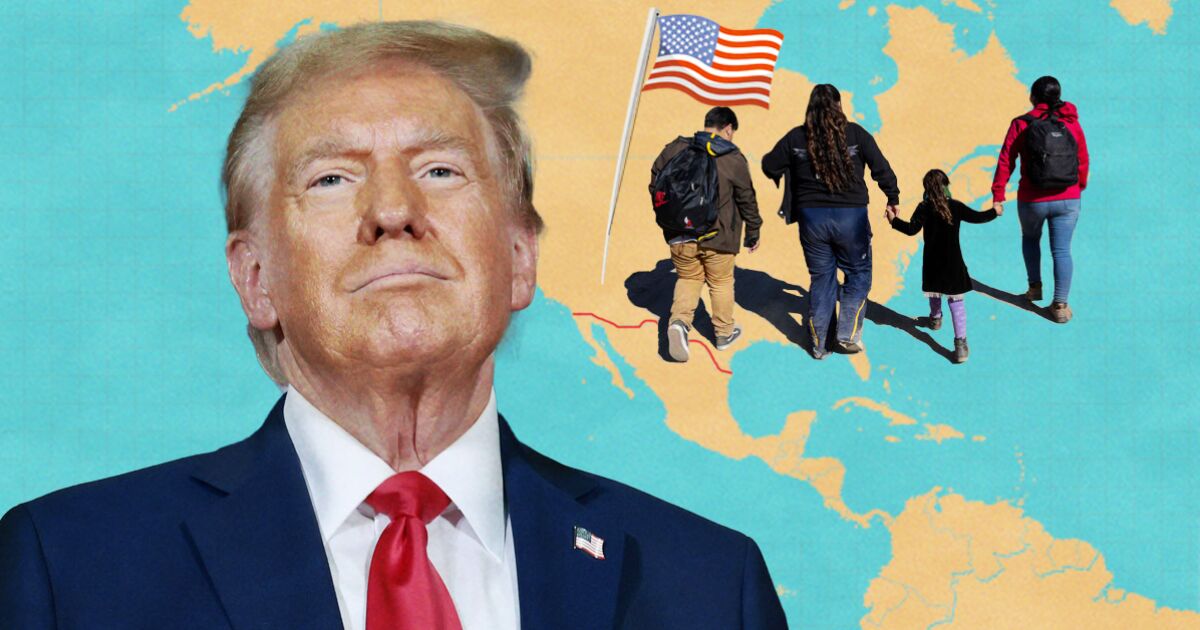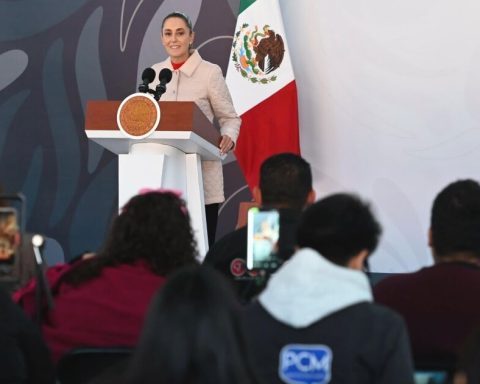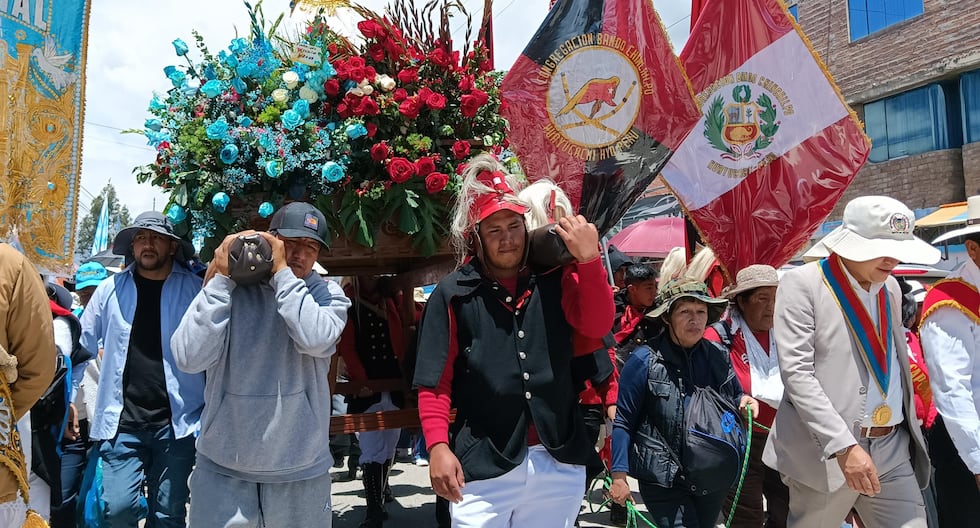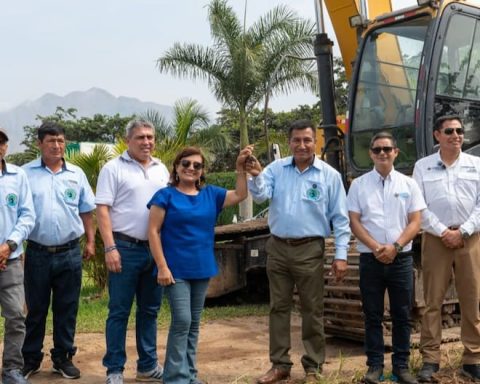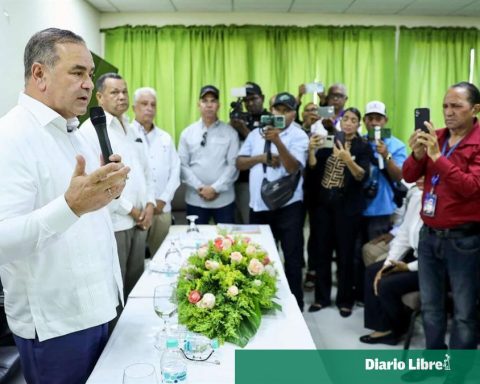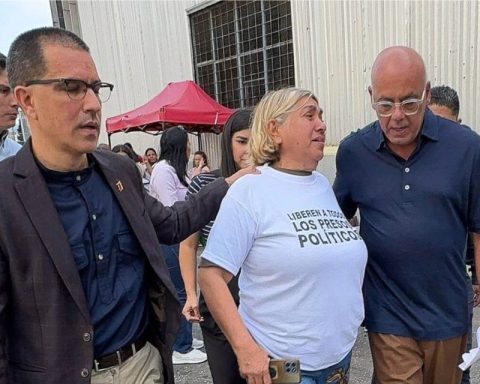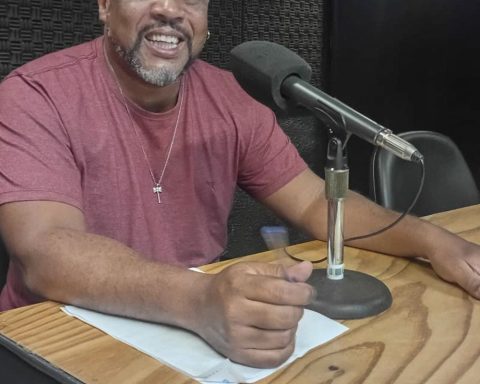“For the guilty we will pay the innocent”
Like Martín, Iliana has been in California for two years, one of the six states with the highest number of migrants without legal documents. When she crossed the northern border to reach the United States, she left her 4-year-old son Éder in Oaxaca so as not to risk him crossing.
“It was not easy to make the decision to migrate. What was stopping me was my son. I knew that for a certain time I was not going to be able to see them (my family), give them a hug or talk to them in person; It was going to be something impossible. When you get here, you don’t know if they are sick, you don’t know if when you return from the United States, you will find them or not. “Those are the most difficult decisions one can make,” says the 31-year-old woman.
Iliana points out that Donald Trump’s statements about deporting undocumented migrants cause concern and believes that the measures are due to those people who have crossed and committed crimes.
“The guilty pay the innocent, because many people have come and have not done good things. There are those who come to work and others who prefer to steal or loot or do things they shouldn’t do. For the guilty, we are going to pay the innocent,” he declares.
She crossed the border in 2022 alongside more than 20 people who were also looking for “the American dream.” With no money in the bag, Iliana got a friend to lend her $11,500 (equivalent that year to just over 231,000 pesos) to pay the coyote who would take her to the United States and once she reached her destination, she would begin to pay. your debt.
That day in October, Iliana arrived in Sonora where she was taken in a van to the border wall. Once she was there, the man who crossed her hung some rope ladders on this metal fence more than nine meters high, which the young woman had to climb. Then they tied a rope to her chest to lower her down on the other side. In less than 10 minutes I was already on American soil.
“I was excited to be on the other side. My crossing was full of adrenaline and emotion, because they crossed me on the wall. They put a rope under my shoulders so they could lower me down on the other side,” he says.
She does not want to return to Mexico yet, she wants to stay four more years, to save money that will allow her to start a clothing business in Oaxaca. But she is aware that she could be deported and says that she would also like to be with her family and her son who is now seven years old.
“If at some point it comes to us, there is nothing better than arriving in our country with how much or little we have done. We Mexicans always try to look for hopeful paths,” says Iliana, who in California is dedicated to painting houses.
According to the Pew Research Center The 10 states with the highest number of migrants are California, Texas, Florida, New York, New Jersey, Illinois, North Carolina, Washington, Massachusetts and Maryland. In these places 71% of the people who do not have documents to be in the United States live there.
At least from 2005 to date, the state of California has been the main territory with the most undocumented migrants. In 2007, the largest number of them was registered with 2 million 800,000 people under these conditions.
Actions in Mexico
Given this number of migrants, Donald Trump promised that once he assumes his second term as president he will begin with a “massive deportation,” for which Mexico has already launched a series of actions to support Mexicans.
This strategy is made up of actions such as a Legal Assistance Program that is made up of more than 2,610 lawyers and assistants, who will provide legal advice to fellow citizens facing legal proceedings in the United States.
They also launched the “Know and Exercise your rights” program through which 53 consulates of Mexico in the United States They will inform about the rights of Mexicans for prevention and rapid response to arrests and raids.
There will be a mobile application for emergencies called “Alert Button”. This app will allow Mexican migrants to immediately notify the consulate closest to their location about situations of imminent detention, notify family members who have previously been selected, as well as report to the Mexican authorities.
“In case you find yourself facing an imminent arrest, press the alert button and this sends a signal to the consulate and family members that you have already pre-loaded with the foreign ministry in Mexico. So this would allow us to be alert when someone perceives the imminent risk that they could be subject to detention,” said the Secretary of Foreign Affairs in Mexico, Juan Ramón de la Fuente, in December when he presented these actions.
Given this, the chancellor asserted that Mexico is prepared to receive Mexicans who return to their country of origin despite the fact that the exact magnitude or dynamics for the deportations of migrants are not known.
“May the message reach the last corner where our migrant sisters and brothers are; tell them that they are not alone, that we are not alone, that we are working in a coordinated and joint manner to support them where they are and regardless of their immigration status “said the chancellor, this Friday within hours of Donald Trump’s arrival at the White House.
